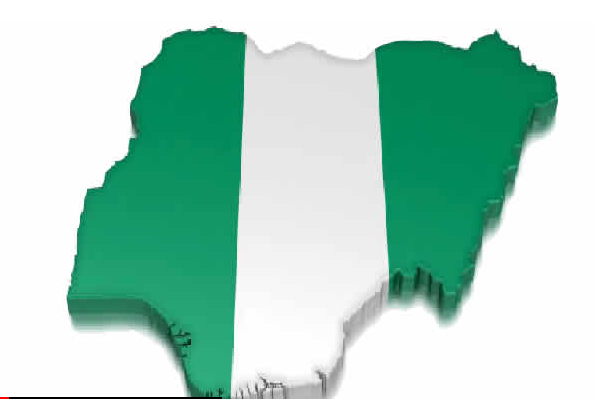 October 1, 2024, marks 64 years since Nigeria gained independence from British colonial rule. It is a day of reflection and celebration, but also one of critical introspection as the country stands at a crossroads. Over the past six decades, Nigeria has endured remarkable achievements, unanticipated setbacks, and the continuous pursuit of its identity and potential in Africa and on the global stage.
October 1, 2024, marks 64 years since Nigeria gained independence from British colonial rule. It is a day of reflection and celebration, but also one of critical introspection as the country stands at a crossroads. Over the past six decades, Nigeria has endured remarkable achievements, unanticipated setbacks, and the continuous pursuit of its identity and potential in Africa and on the global stage.
Nigeria’s post-independence journey began with optimism. The country, rich in human and natural resources, was seen as a beacon of hope for the African continent. Its vast oil reserves promised to propel it into a major economic powerhouse. In the years following independence, the country experienced an agricultural boom, built a solid educational system, and saw cultural and entertainment industries flourish, placing it at the heart of Africa’s identity.
However, this promise has been tempered by political instability. Nigeria has experienced a series of military coups and civil unrest, most notably the Nigerian Civil War (1967–1970). These early years set the stage for a political landscape marred by corruption, dictatorship, and underdevelopment. Despite these challenges, Nigeria has demonstrated a resilience that has defined its people.
The nation has seen some economic growth in recent decades, but this has been offset by persistent issues such as poverty, unemployment, and a high dependency on oil. The “giant of Africa” still struggles with providing basic amenities like stable electricity, healthcare, and quality education to its citizens.
Nigeria also faces deep ethnic and religious divides that continue to challenge its unity. The rise of insurgent groups like Boko Haram has further destabilized the north, leading to ongoing conflict and a refugee crisis. Similarly, the economic disparity between regions exacerbates existing tensions.
Corruption has long been a stain on Nigeria’s development, with successive governments battling to curb its influence. While there have been efforts at reform, the impact remains minimal, contributing to a cycle of mistrust between the people and their leaders.
Despite these challenges, there is much to celebrate about Nigeria. The resilience and entrepreneurial spirit of its citizens are reflected in the country’s booming tech industry, its globally influential Nollywood film industry, and a vibrant music scene that has taken African rhythms to the world stage. Nigerian artists such as Burna Boy, Wizkid, and Tems have become international superstars, reshaping how the world views Africa’s cultural contributions.

The political landscape has also shown signs of improvement with democratic transitions and efforts to diversify the economy beyond oil. Nigeria’s youth, which make up over 60% of the population, are advocating for change, demanding accountability, and leveraging social media platforms to voice their concerns and aspirations. The #EndSARS movement in 2020 demonstrated that the new generation of Nigerians are not afraid to demand reform and a more transparent governance system.
As Nigeria celebrates its 64th Independence Anniversary, it is clear that while the nation has made strides, much remains to be done. The road ahead requires strong leadership, unity, and a shared vision for national development. The people’s capacity for innovation, resilience, and growth must be harnessed if the country is to fulfill its vast potential.
As Nigerians wave their green and white flags on this day, it is important to remember both the progress and the hurdles that have shaped the country’s journey. The path forward requires not just celebration but active participation in the continuous struggle for a better Nigeria a nation where peace, progress, and prosperity truly reign.
Ennywealth


